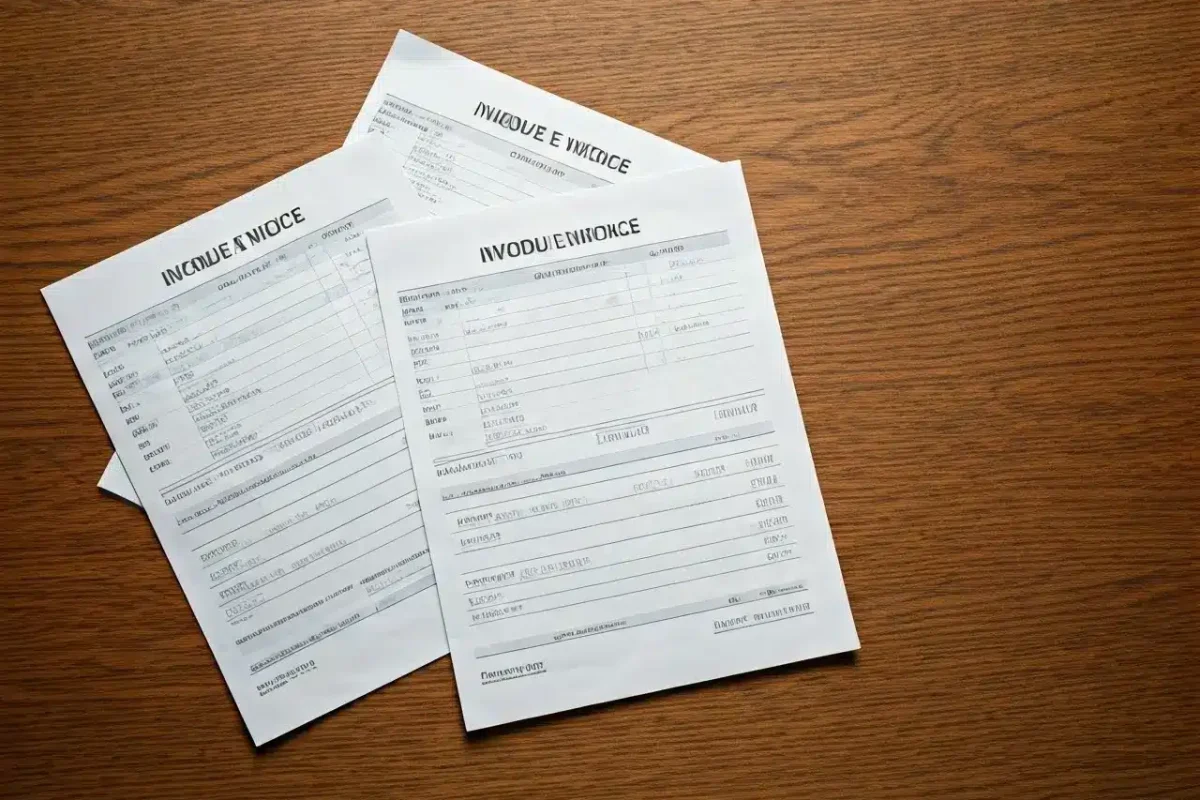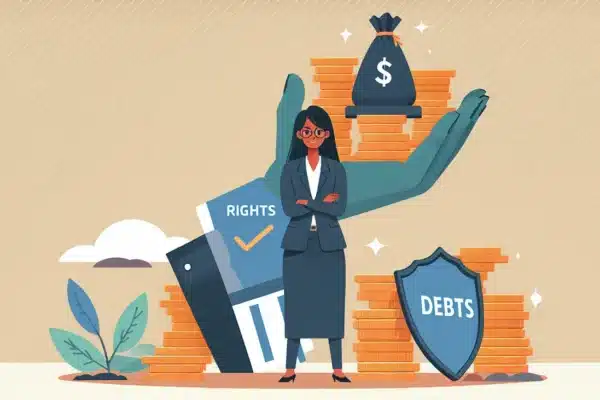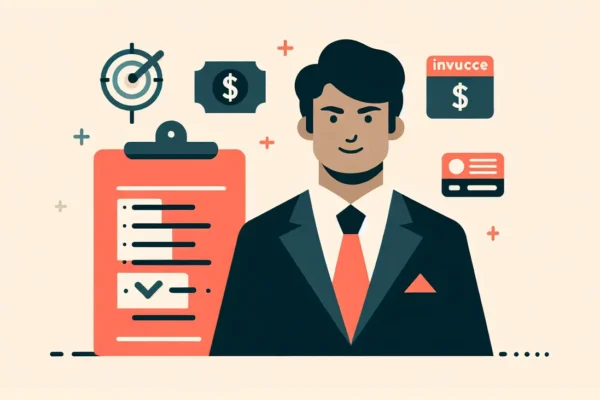In the world of business-to-business (B2B) transactions, debt collection is a crucial yet challenging task. Many businesses face obstacles when trying to recover outstanding debts. In this FAQ blog, we will explore the most common challenges faced in B2B debt collection and provide insights on how to address them.
Understanding the Complexity of B2B Relationships
B2B relationships are often intricate due to long-term contracts and varying payment terms. This complexity can lead to challenges in tracking and managing debts effectively.
Each B2B relationship comes with its unique set of terms and agreements, which can complicate the debt recovery process. Businesses must diligently manage and track these agreements to avoid potential discrepancies.
One of the primary reasons B2B debt collection is challenging is the diverse nature of transactions. Businesses may have multiple ongoing contracts, often with different conditions. This diversity demands a tailored approach to manage each account efficiently.
Communication Barriers Between Businesses
Effective communication is vital in B2B transactions. Poor communication can result in misunderstandings, delayed payments, and difficulties in debt collection.
Miscommunication or delays in communication can significantly hinder the debt collection process. Whether it’s due to a lack of updates, unclear invoices, or misinterpretation of payment terms, communication barriers need to be addressed to streamline collections.
Building a strong communication channel between businesses can mitigate many of the common hurdles faced during debt recovery. Regular updates and clarity in communications can prevent misunderstandings and facilitate smoother debt collection.
Legal and Regulatory Compliance Issues
B2B debt collection is subject to various legal frameworks which differ by region. Ensuring compliance with these regulations is essential to avoid legal complications.
Navigating the maze of legal requirements in different jurisdictions can be daunting. Businesses must stay informed about the legalities of debt collection in each area they operate, which requires significant resources and expertise.
Failing to comply with legal norms can lead to penalties or worse, damaging both reputation and finances. Therefore, companies must ensure they are abreast of the latest legal trends and regulations in debt collection.
Customizing Collection Strategies for Different Clients
A one-size-fits-all approach may not work in B2B debt collection. Tailoring strategies to fit the specific circumstances and relationships of each client can lead to better outcomes.
Understanding a client’s business model, financial health, and payment history is crucial to developing effective debt collection strategies. This customized approach can promote successful collections and maintain positive business relationships.
Custom strategies often involve setting personalized payment plans or negotiating flexible terms that cater to a client’s specific financial situation, which can result in more successful outcomes without damaging business ties.
Leveraging Technology for Efficient Debt Recovery
Utilizing modern technology, like automated reminders and payment tracking systems, can streamline the debt recovery process and enhance efficiency.
Technology can facilitate better data management, providing essential insights into customer payment behaviors and trends. These insights enable businesses to fine-tune their strategies for more effective debt recovery.
By integrating advanced software solutions, companies can automate many of the time-consuming processes associated with debt collection, freeing up valuable resources and reducing human errors.
Tackling B2B Debt Collection Challenges Successfully
Navigating the complexities of B2B debt collection can be daunting, but understanding these common challenges and employing effective strategies can significantly improve success rates. By maintaining clear communication, understanding legal frameworks, customizing approaches, and leveraging technology, businesses can enhance their debt collection processes.







